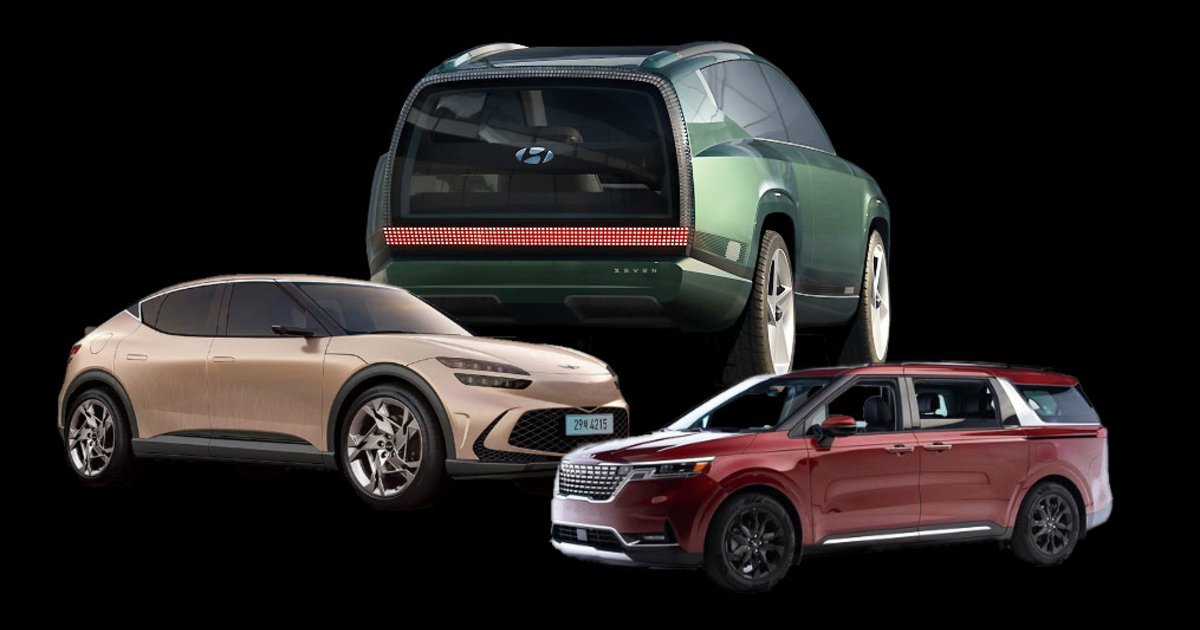
The Hyundai, Kia and Genesis brands have startled the industry with their rapid rollout of future electric vehicle strategies. A swath of EVs, many designed on Hyundai Motor Group‘s new flexible shared architecture, the Electric Global Modular Platform, or E-GMP, are now in the works.
The automakers plan to invest more than $16 billion to introduce new battery-electrics by 2030, including 11 Hyundai brand models and six luxury Genesis vehicles.
At the same time, sibling brand Kia intends to have eight battery-electric vehicles in its U.S. lineup by 2029.
That includes the EV6 compact crossover that went on sale this year, the redesigned Niro EV, the EV9 three-row crossover that it will build starting in 2023 and possibly a midsize electric pickup.
But with the signing into law of the Inflation Reduction Act, the Korean brands’ aggressive product plans may be under a cloud. The sweeping law changes the rules for how federal EV tax credits will be granted. It requires North American assembly of an EV and places stipulations on where the basic battery materials are sourced from. The Koreans’ first wave of EVs will be imported.
It is not yet clear to many in the industry whether the new tax credit rules might unravel future product plans for some automakers. Hyundai’s and Kia’s EV plans are focused on the center of the market, where buyers could be swayed by the availability of tax credits.
But longer term, Hyundai this year announced it will spend $6.5 billion, with its suppliers, to construct a large auto and battery plant near Savannah, Ga., that is expected to start production in the first half of 2024. By 2028, that plant is expected to produce up to six electric models.